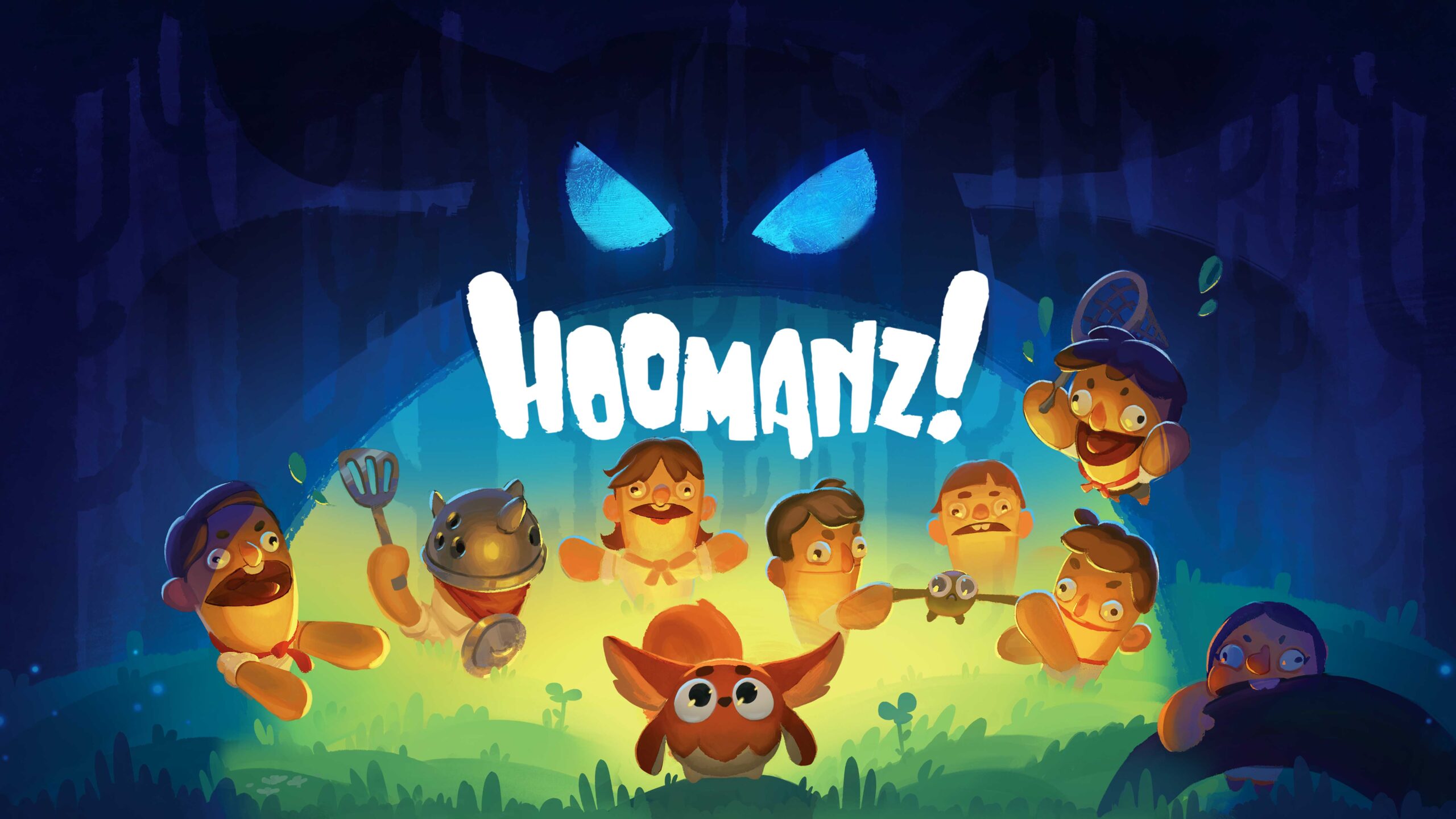
When you think legacy sequels to older films, you most likely think of late follow-ups to past blockbusters and cult hits. There are exceptions, but from The Color of Money (1986) to Blade Runner 2049 (2017), from The Matrix Resurrections (2021) to Top Gun: Maverick (2022), they’re most often big movies getting similarly large, albeit belated, sequels. Ole Bornedal‘s creepy and mean serial killer thriller Nightwatch (1994) hardly seems like a candidate for such treatment, but it seems the dark and bloody setting won’t quite let him go. (He even remade it in English in 1997.) Thirty years after its initial release, Bornedal is back with Nightwatch: Demons Are Forever, and most of the old gang has returned with him. Including a sadistic killer or two…
Emma (Fanny Leander Bornedal) is a medical student with a bright future, a new boyfriend, and an insatiable curiosity about the tragedy that left her parents traumatized thirty years ago. The scars left by a mad murderer named Wörmer (Ulf Pilgaard) run deep, and while her mother took her own life some time ago, her father, Martin (Nikolaj Coster-Waldau), has withdrawn into a shell of the man he once was. Determined to face down the nightmare that haunted her parents, Emma takes a job as overnight watch at the very same forensics department where Martin worked — and lies her way into a meeting with the now blind and incarcerated Wörmer. Intended as catharsis for her father, Emma’s actions instead set in motion a new chain of killings that once again lead directly to the ones she loves.
The original Nightwatch is a cruel little number that checks all the boxes for 80s/90s genre films with bloody kills, suspenseful set pieces, and plenty of casual nudity among both the living and the dead. Nightwatch: Demons Are Forever is every bit the 2024 take on the material, both because it’s far more chaste and because it lays nearly all of its motivations at the feet of Trauma with a capital T. There’s nothing inherently wrong with acknowledging the mental and emotional damage accrued by people who survive terrible events, but genre films too often rely on it to the point where the characters become both unrecognizable and uninteresting. This belated sequel survives on the talents of both Bornedal and his cast, but the weight of its trauma-centric narrative risks sinking it all.
Spoiler for the original 1994 film incoming — Martin, his girlfriend Kalinka (Sofie Gråbøl), and their friend Jens (Kim Bodnia) find themselves caught up in a killer’s cruelly violent games, and while Wörmer comes close to killing all three, they eventually triumph and leave the madman for dead. Jens loses a thumb in the process, and the other two are banged around and hogtied, but that’s the extent of their physical suffering. The sequel, though, suggests that the experience was enough to mentally destroy all three almost to the absurd level of Laurie Strode’s turn in David Gordon Green’s Halloween (2018). It just doesn’t fit, and once you add in talk of Wörmer’s rough childhood and statistics stated as fact regarding abusers and the abused, it’s arguably a rather insulting and limiting take on victims in general.
Bornedal’s script seems to think the angle has legs, but it results in leaving Coster-Waldau with a flat and fearful character unable to escape the somber, near-delusional box that surrounds him. His vibrancy is sorely missed here, and it’s replaced with a real disregard for the original characters. Just as bad, the film opens in medias res with the arrest of a bloody young man before jumping back to start the story proper, and that opening serves only to undercut some later sequences and reveals.
Move past all of that, though, and Nightwatch: Demons Are Forever still manages some creepy beats, suspenseful scenes, and silly surprises. That might be too big of an ask for some, but there are arguably enough upsides here to make a watch worthwhile for thriller fans. Bornedal’s daughter, Fanny, does good work as the new lead with a softness that leaves viewers just worried enough, and Nina Terese Rask is fantastic as her best friend Maria. Both offer an aggressive counterpoint to the first film’s ineffective female characters. Casper Kjaer Jensen, meanwhile, delivers a wonderfully up-tempo and unhinged turn as a lost young man named Bent. The film’s brightest star performer-wise, though, comes with the return of Bodnia’s Jens as his boisterous personality, shadowed by sadness and grief, makes for a charismatic and compelling turn.
Dimly lit hallways, stray corpses, slit throats, and hilariously inappropriate efforts by law enforcement officials take up the slack, and one reveal — Wörmer has a now-grown child! — is milked for all its worth with a handful of red herrings and possible suspects. Bornedal knows his way around the dead and sets up some solid sequences even if you’ll be left wishing he was equally concerned with the living. The film ultimately and rarely feels all that believable or well thought out, but don’t let that get in your way of having some mildly grim fun.
Related Topics: Ole Bornedal








:max_bytes(150000):strip_icc():focal(742x275:744x277)/taylor-swift-travis-kelce-timeline-092523-tout-669c64f9a1c0492ab5c8853b508a9996.jpg)







![Michael Fights [Spoiler] in Feb. 23 Recap Michael Fights [Spoiler] in Feb. 23 Recap](https://www.comingsoon.net/wp-content/uploads/sites/3/2026/02/MixCollage-24-Feb-2026-10-51-AM-4910.jpg?resize=1200,630)

